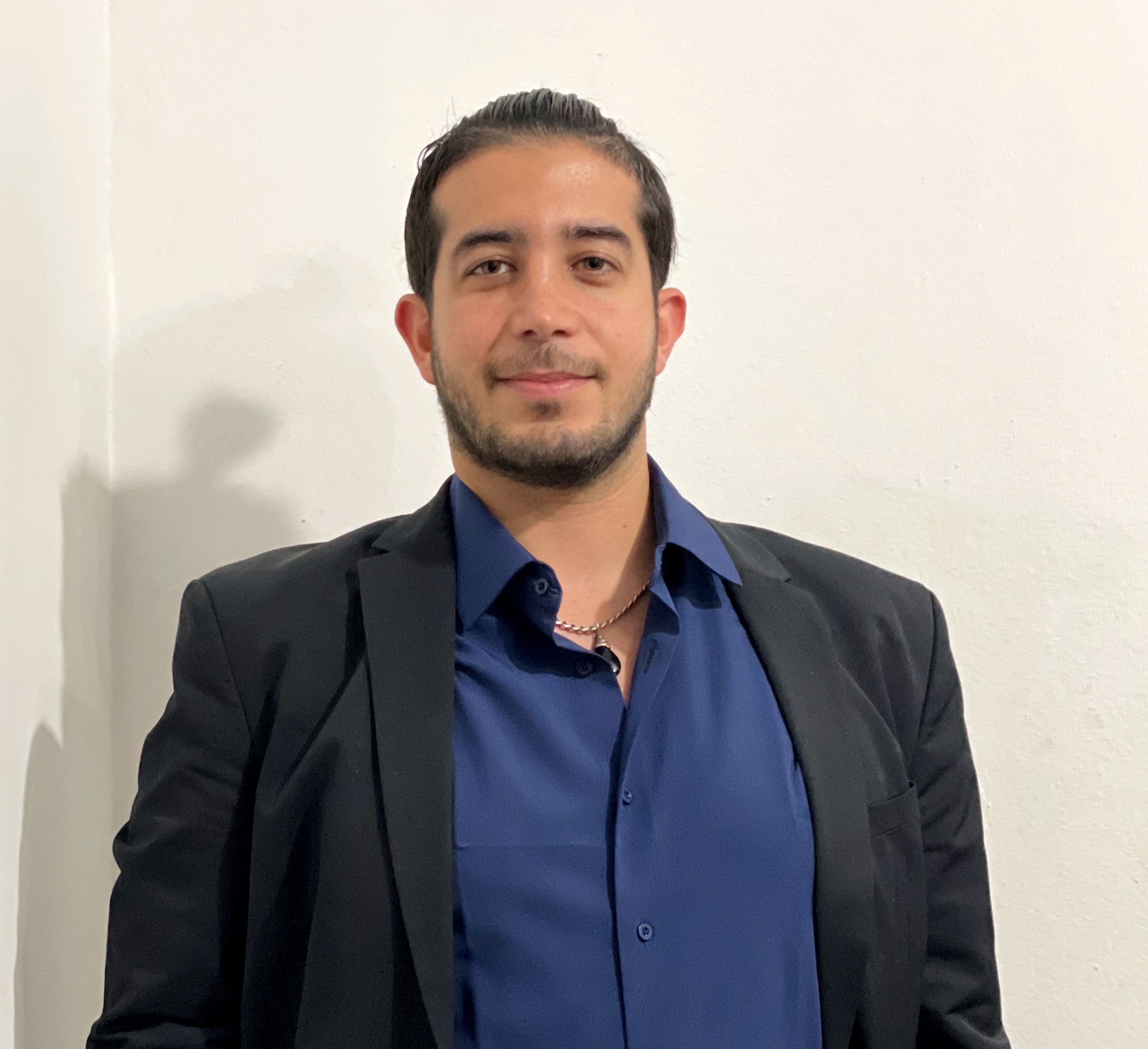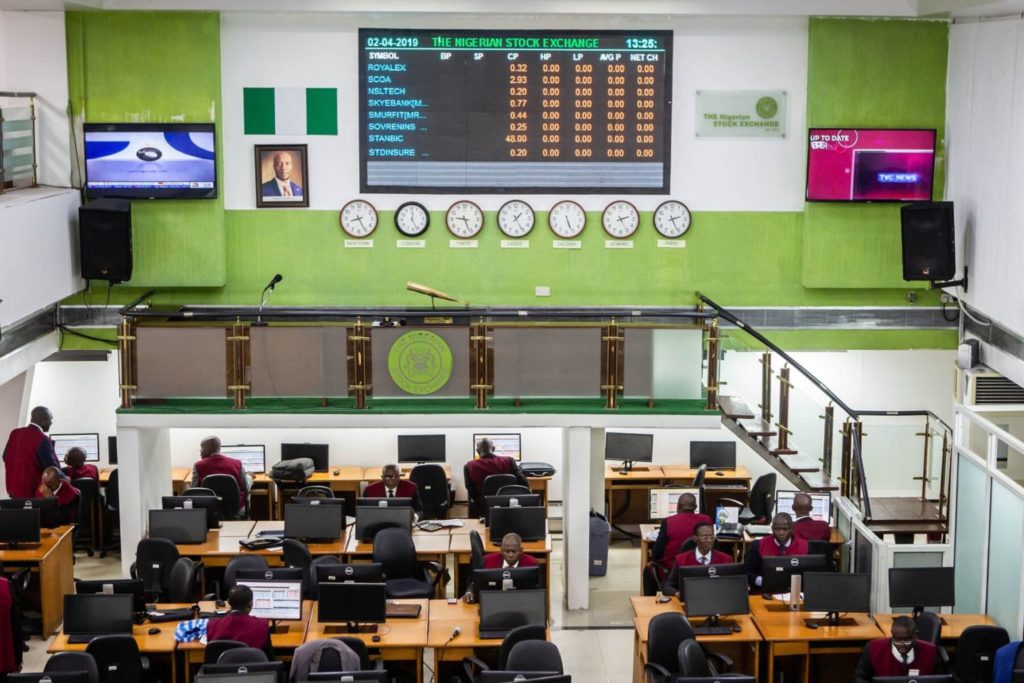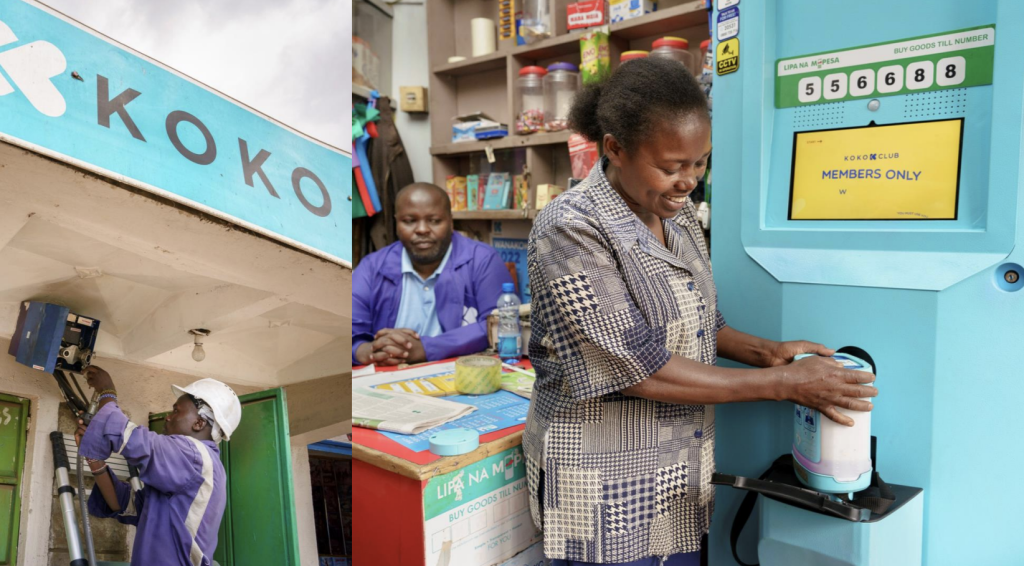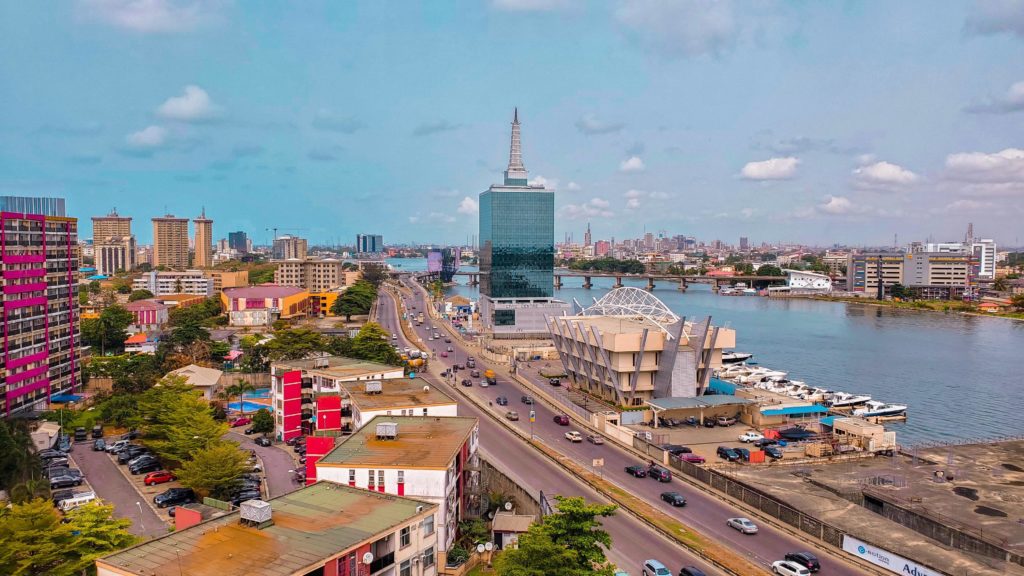Ignitos Space is a Zambia startups which uses space technology to bring more efficiency to the country’s agriculture sector.
According to data by the World Bank, agriculture and agribusiness have contributed around 20% of Zambia’s gross domestic product (GDP) and about 12% of national export earnings in recent years.
Zambia boasts a population of over 19 million people, and favorable weather conditions which encourage year-round farming. As such, the potential for agriculture to drive socio-economic progress in the country is high.
To take advantage of this, startups like Ignitos Space are inventing products which have the potential to accelerate the growth of the country’s agriculture industry.
Using space technology via orbital satellites, Ignitos Space provides farmers with insights about what kind of soil is on their land and what crops it is suitable for. Additionally, it equips farmers with information about their land’s water reticulation, the state of their crops, and so much more.
TechCabal caught up with Ahmad Hamwi, founder and CEO of Ignitos Space, to learn more about the startup’s product offering.
TechCabal: Please tell us more about Ignitos Space and the problem you are trying to solve through your product offering
Ahmad Hamwi: Ignitos Space is trying to solve the problem of lack of farming data on the ground. When it comes to getting agriculture data, the usual modus operandi is to go measure, check your soil, do analysis, and then decide what you want to do with the land. But since the majority of the farmers in Zambia and Africa in general are small to medium-scale farmers, they cannot afford to do soil analysis every two weeks. So that’s when I came up with the idea to use satellite technology for that.
Satellite technology in agriculture is nothing new. It’s something that’s been there for maybe 10 years now, whether you use remote sensing, to check for different indices from vegetation index to water index and other stuff. So what I did is come up with an AI that can get multiple satellite images from multiple satellites and combine them together based on the research that we’ve done. From that info, it can tell the farmer the state of his farm, if it needs more water, if there’s a problem with vegetation, what crop is the best for that area, and few other indices that will enable this farmer to have actionable insights on the ground. With that info, the farmer can do precision farming instead of just gambling. They can get all this data through a subscription which costs only $10 a month.
TC: Majority of the people actively involved in agriculture are senior citizens who might not be very well versed in using technological tools like the one offered by Ignitos Space. How have you been tackling this challenge to increase adoption of your product?
AH: That’s true, and that’s the main challenge that we are solving. You see, I can give you a username and password for one of the satellites from NASA, for example, and tell you to do what you want with it. But you will not understand how it works, what to click, where to click, for you to be able to reach your farm and understand what’s happening on the farm. And that’s someone who is into tech or knows about tech. So how can we expect a farmer who doesn’t even have a smartphone to understand that tech?
So what Ignitos Space is doing is bridging this gap between the farmers who need the data, and the people who are offering the data. When we take that data from the satellite, and we combine it with different satellites’s data from different companies, our AI makes it into actionable insights that anyone can understand, even if they are tech illiterate. All they need to do is dial the shortcodes or click on the app, then it will triangulate them using GPS. So that’s how we’re working on it. And that’s why we’re also implementing USSD technology because most of the farmers don’t even have smartphones, or access to the internet.
TC: Apart from that particular challenge, what other challenges has Ignitos Space faced in its operations?
AH: Our biggest challenge, which is the challenge for many entrepreneurs, is the lack of funding. When we won some competitions in the US, for example, they told us to incorporate in the US, and then you can access funding. Even when we won a competition in South Africa, they said incorporating in South Africa will give you access to funding. But our ethos for the company is that this is a Zambian company, and we want to push Zambia to be on the world map. But I believe that one day, we will get funding or we will come up with our own capital by doing some other activities related to the same project.
TC: In terms of opportunities, can technological innovations like Ignitos Space disrupt the farming sector in Zambia?
AH: 100%. Zambia is very well positioned in terms of agriculture because first, we have 75 million hectares of land, and only 15% of that is actually used. So there’s a lot of potential for land to be used for agricultural purposes and technology can play a vital role in facilitating this.
The second and very important part is that we have 10 months of good weather in Zambia. It’s not like other countries in our region where they have extreme weather for months per year. That allows our vegetation to grow very well, very fast, and with great results. Also, we don’t have many diseases compared to other countries, which is why we have a lot of good crops here.
Combining all those factors with technology that provides data which facilitates is a great combination which can take the country’s agriculture sector through leaps and bounds. I believe we are well positioned to be the food basket of Africa, if not the world, if we can rightly incorporate technology in farming.
TC: In terms of expansion, what’s in store for Ignitos Space?
AH: I believe that looking at our current trajectory, two years from now, we will definitely have stepped out of Zambia. And the reason for that is that our expansion is going to be very easy, because we use orbital satellites. So the satellites that we tap into already pass through other countries, all we need to do is go to that country, set up the shortcodes, set up with the local government, and we will be all set.
TC: Ignitos Space’ product incorporates AI. Has the AI boom of the last few months contributed any traction?
AH: It has made people more welcoming to the idea that we can use artificial intelligence to achieve things. A lot of people were skeptical about how we can use AI and how it works and all that, and now that it’s in the mainstream media, a lot of people are more accepting of the idea. So I think it has helped us and I think it will help us a lot more in the future.
*Interview has been slightly edited for clarity and length















